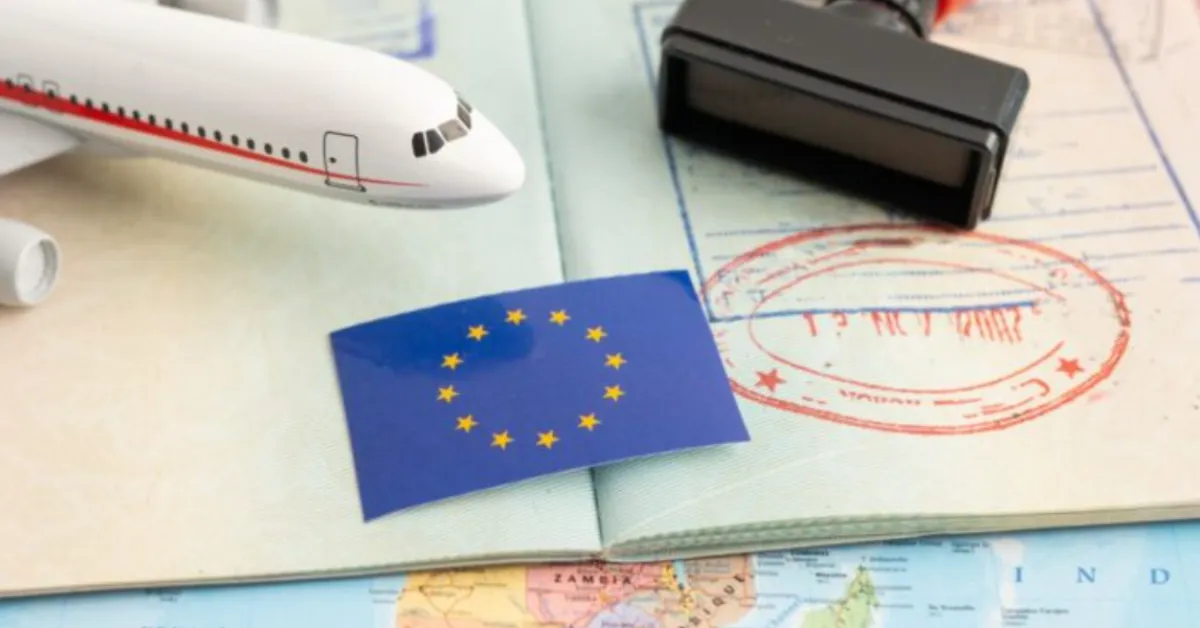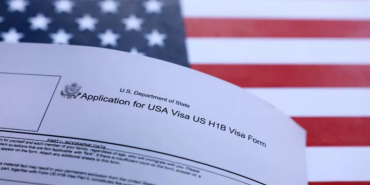EU Overhauls Blue Card Program for 2025 with Lower Salary Thresholds and Faster Processing

The European Union has significantly overhauled its EU Blue Card program, effective in 2025, to aggressively court skilled workers from outside the bloc and alleviate pressing labor shortages across member states.
The reforms aim to make Europe a more attractive and accessible destination for global talent seeking career opportunities. The EU Blue Card, a work and residence permit for highly skilled non-EU nationals, facilitates living and working in most EU member countries. The updated program introduces more lenient eligibility criteria, reduced salary thresholds, and accelerated processing times in select nations, substantially enhancing its appeal.
Cardholders benefit from faster application procedures, intra-EU job mobility, and a pathway to permanent residency. A central component of the reform is the lowering of minimum salary requirements. For instance, Germany has set its annual salary threshold at €48,300 for standard occupations and €43,759.80 for professions facing critical shortages. Sweden now requires a salary of 1.25 times the national average, reduced from the previous 1.5 times.
Austria has also decreased its minimum monthly salary to €3,678. To foster greater flexibility, the minimum employment contract duration has been halved from one year to six months, opening the door for shorter-term engagements. The eligibility criteria now include professionals with at least three years of pertinent work experience, even in the absence of a university degree.
This provision is particularly advantageous for candidates in high-demand sectors such as IT, cybersecurity, and artificial intelligence. The revised Blue Card also promotes enhanced mobility within the EU, allowing holders to relocate to another participating member state after just 12 months while retaining their work authorization. This streamlines career advancement and broadens opportunities across the European landscape.
Furthermore, countries like Sweden have simplified the process for changing employers, eliminating the requirement for a new visa application. To qualify for the 2025 Blue Card, applicants must have a firm job offer with a minimum six-month employment contract, meet the specific salary threshold for their destination country, and furnish evidence of either a university degree or three years of relevant professional experience.
Further requirements encompass health insurance coverage, a clean criminal record, and a completed application form with accompanying documents such as a valid passport and proof of qualifications. The application process varies by country but generally involves securing employment, gathering the necessary documentation, and submitting the application, either online or at the immigration office.
While processing times typically range from 30 days to four months, some countries, including Germany, Sweden, Austria, Lithuania, Estonia, and the Netherlands, have implemented expedited procedures, prioritizing skilled professionals in sectors such as IT, healthcare, engineering, tech, manufacturing, STEM fields, and R&D.
These changes reflect a strategic initiative by the EU to attract and retain global talent to address critical skills gaps, enhance its competitive standing in vital industries, and reinforce Europe's position in the global economy.














Add new comment